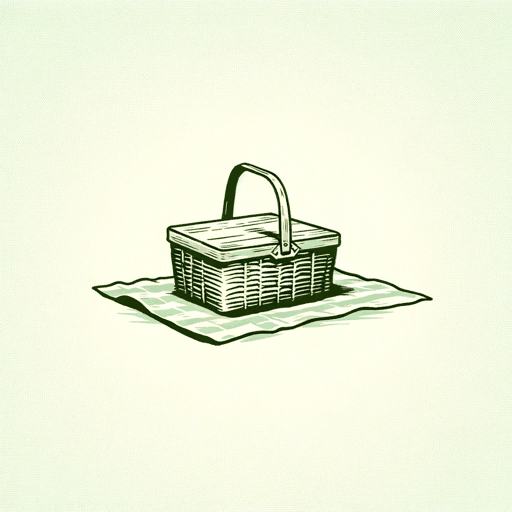36 pages • 1 hour read
William IngePicnic
Fiction | Play | Adult | Published in 1953A modern alternative to SparkNotes and CliffsNotes, SuperSummary offers high-quality Study Guides with detailed chapter summaries and analysis of major themes, characters, and more.
Symbols & Motifs
Trains, Cars, and Buses
At the beginning of the play, Madge, Millie, and Flo hear the train whistling as it passes through the town. To Madge and Millie, the train represents the possibility of freedom, though in different ways that reflect differences in personality. Millie imagines taking the train out of their small town and going all the way to New York. Madge fantasizes about someone riding that train into town and rescuing her—taking her to Washington and giving her a more interesting purpose than becoming a housewife. Millie sees the train as a tool of her own agency, while Madge sees it as something that has the potential to disrupt her agency-less life and push her in a different direction. To Millie, the train represents adventure and the unknown. Madge isn’t quite ready to step out of the comfort of having others guide her life but knows that she wants more.
Flo, who seized agency when she was younger and regrets her choices, recognizes that the train only goes to Tulsa. In Flo’s experience, taking the path of adventure seems exciting but quickly leads to another dead-end town. Flo is far more interested in automobiles, which are a material part of the American Dream.


